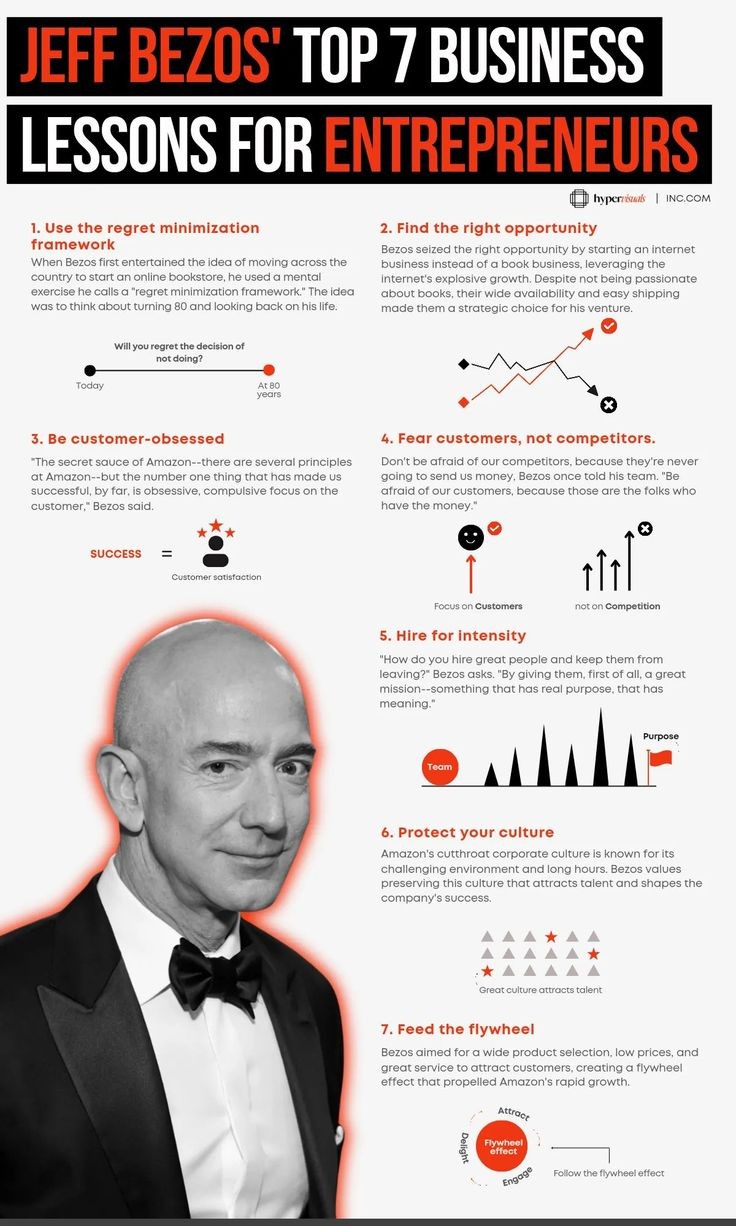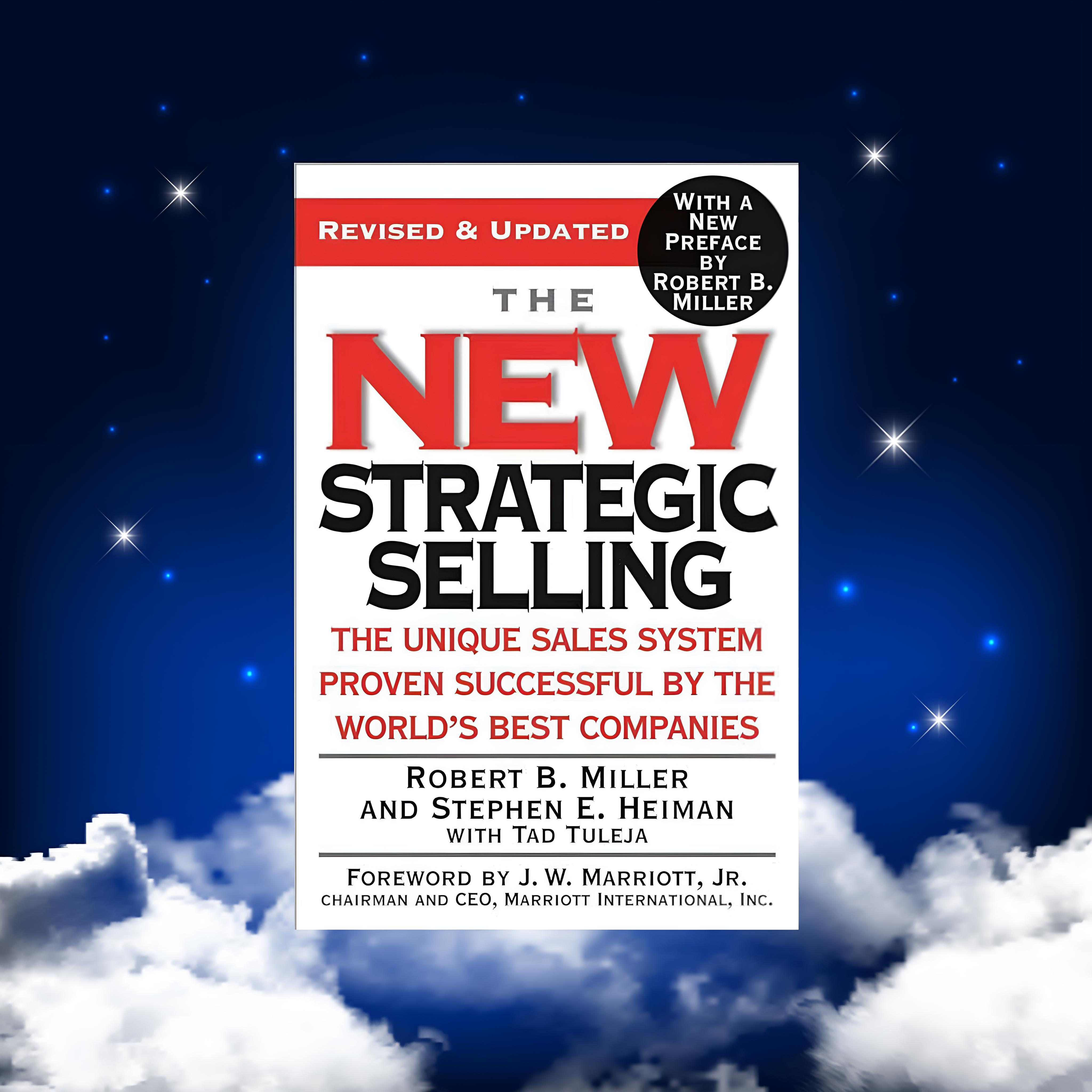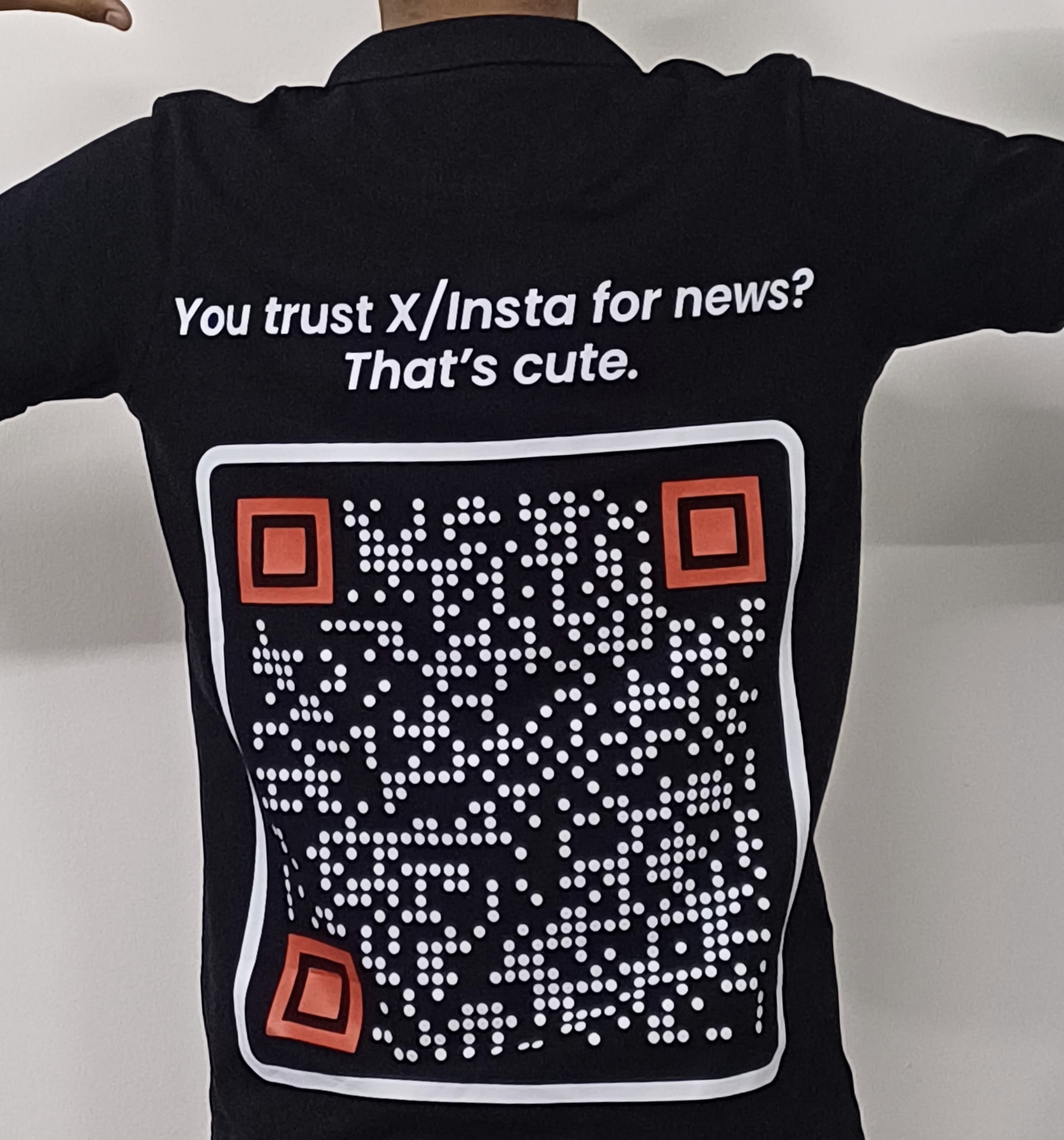Back
SHIV DIXIT
CHAIRMAN - BITEX IND... • 10m
📖 DAILY BOOK SUMMARIES 📖 🔗 DIRECT FREE E-BOOK DOWNLOAD LINK AVAILABLE — https://drive.google.com/file/d/1-iPZQAHHDJukgFf0otOF7rttKR1BrutB/view?usp=drivesdk 🔥 The Challenger Sale 🔥 🚀 20 Lessons 👉 ✨ Matthew Dixon and Brent Adamson ✨ 1. The Challenger Sale • Introduces a sales methodology centered around challenging customers' thinking and guiding them toward new insights. 2. Five Types of Salespeople • Identifies five sales personalities: The Hard Worker, The Lone Wolf, The Relationship Builder, The Problem Solver, and The Challenger. 3. The Challenger Profile • Highlights the Challenger as the most effective salesperson, characterized by teaching, tailoring, and taking control of customer conversations. 4. Teaching for Differentiation • Encourages salespeople to educate customers about their problems and provide unique perspectives that add value. 5. Tailoring the Message • Stresses the importance of customizing the sales approach to align with the customer’s specific needs, values, and decision-making criteria. 6. Taking Control • Advocates for assertiveness in guiding the sales process, managing objections, and steering negotiations. 7. Building Constructive Tension • Uses controlled tension to push customers out of their comfort zones, helping them see the need for change. 8. The Commercial Teaching Pitch • A structured pitch that captures customer attention, reframes their thinking, and positions your solution as the best fit. 9. The Importance of Insight Selling • Moves beyond relationship-building to focus on providing actionable insights that challenge the status quo. 10. Understanding the Buyer’s Journey • Encourages salespeople to understand and influence each stage of the buyer’s decision-making process. 11. Aligning with Economic Value • Helps salespeople connect their solutions to measurable economic outcomes for the customer. 12. The Mobilizer Customer • Identifies key customer stakeholders, or "Mobilizers," who can drive change within their organizations. 13. Reframing Conversations • Teaches salespeople how to redefine customer perceptions of their problems and possible solutions. 14. Overcoming Price Sensitivity • Positions value over price by demonstrating how your solution delivers better outcomes than competitors. 15. Customer Loyalty • Argues that loyalty is driven more by the sales experience and less by product, price, or brand. 16. Cross-Functional Collaboration • Emphasizes working with marketing and other teams to craft messages and tools that support the Challenger approach. 17. Leveraging Insights • Encourages the use of data, research, and industry trends to provide customers with unique and valuable perspectives. 18. The Challenger Development Model • Provides a roadmap for transforming traditional sales teams into Challenger-focused organizations.

Replies (1)
More like this
Recommendations from Medial
Aditi
Will become a inspir... • 4m
The Post-Purchase Puzzle: How Smart Brands Ease Buyer Doubts with Psychology” Cognitive dissonance is the discomfort people feel when their actions conflict with their beliefs or values. In business, it often occurs after a purchase—customers might
See MoreNikhil Raj Singh
Entrepreneur | Build... • 11m
🚀 Jeff Bezos' Top 7 Business Lessons for Entrepreneurs 1. Think Long-Term: Use a "regret minimization framework." Visualize your decisions from the perspective of your future self. Will you regret not taking that leap? This approach encourages bold
See More
omkar shrivastav
Hey I am on Medial • 7m
Our QuickCommerce platform connects local vendors with customers by enabling fast, on-demand product delivery within their area. Vendors can list their products on our app, and customers can browse, purchase, and receive their orders within minutes t
See MoreMehul Fanawala
•
The Clueless Company • 1y
Most SaaS companies spend 90% of their resources trying to acquire new customers, but only 10% on retaining them. Surprising, right? 🚀 → Your most valuable sales reps are your current satisfied customers. → Retention boosts profitability by 25-95%
See MoreDownload the medial app to read full posts, comements and news.
































